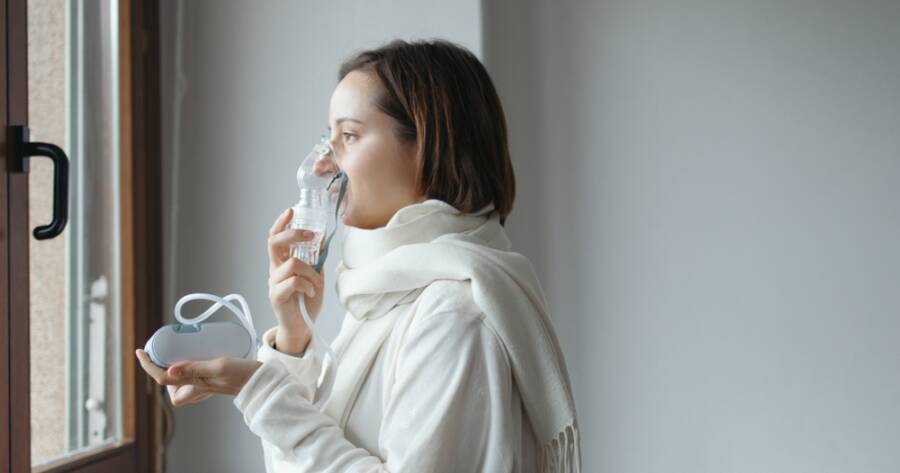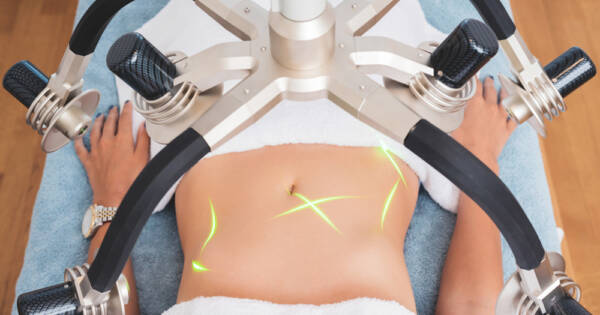If you or a loved one requires supplemental oxygen, you might wonder whether Medicare covers oxygen concentrators and other related equipment. Understanding the qualifications and benefits can help you determine if you’re eligible and save significantly on essential medical expenses. Discover what you should know about Medicare oxygen coverage, using conditional language to guide you through the process.
Who Might Qualify for Oxygen Coverage?
Medicare typically covers oxygen therapy for individuals with specific medical conditions. If your doctor determines that you have a significant need for supplemental oxygen, you may qualify under Medicare guidelines. Conditions that could make you eligible include:
- Chronic Obstructive Pulmonary Disease (COPD)
If you have COPD and experience low oxygen levels, you might meet the criteria for coverage. - Severe Asthma or Bronchitis
If your lung function tests show that oxygen therapy is necessary, you could be eligible. - Other Respiratory Conditions
If you have conditions like pulmonary fibrosis or interstitial lung disease, Medicare may approve your need for oxygen therapy.
Your doctor must conduct tests to confirm your oxygen levels fall within Medicare’s required thresholds. If your arterial blood gas or oxygen saturation levels indicate a medical need, you may be approved for coverage.
What Does Medicare Cover?
If you qualify, Medicare Part B might cover certain oxygen equipment, including:
- Stationary Oxygen Concentrators: Ideal for home use.
- Portable Oxygen Systems: Suitable if you need mobility.
- Accessories: Tubing, masks, and cannulas.
Medicare typically covers 80% of the equipment cost. If you have supplemental insurance, it could help pay the remaining 20%. However, you might need to rent equipment from a Medicare-approved supplier for coverage to apply.
Are There Specific Requirements?
To qualify, you must meet specific conditions:
- Doctor’s Prescription: Your physician must document your need for oxygen therapy.
- Testing Confirmation: A blood gas or oxygen saturation test must confirm that your levels fall within Medicare’s criteria.
- Approved Supplier: You might need to use a Medicare-approved durable medical equipment (DME) supplier.
If any of these requirements are not met, you may not be eligible for coverage. It’s crucial to ensure your provider and supplier meet Medicare’s guidelines.
How Can Portable Oxygen Help You Save?
If you’re eligible for portable oxygen systems under Medicare, it could save you both time and money. Portable units allow you to maintain your independence while avoiding the out-of-pocket costs associated with purchasing a device outright. However, if your lifestyle demands frequent travel or higher oxygen output, you might need to consider supplemental payment for more advanced systems.
What Are Affordable Options for Non-Covered Equipment?
If you don’t qualify under Medicare, you might still explore affordable oxygen solutions. Some providers offer payment plans, refurbished equipment, or discounts for cash payments. Community health organizations might also provide financial assistance for those who cannot afford oxygen therapy independently.
Next Steps: Learn About Medicare Oxygen Benefits
If you believe you meet the criteria for Medicare oxygen coverage, consult with your physician to begin the qualification process. By confirming your eligibility and working with an approved supplier, you could access affordable oxygen solutions that enhance your quality of life. Don’t wait—find out today if you qualify and take the first step toward improved respiratory health.




